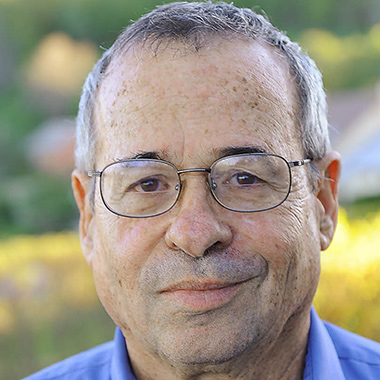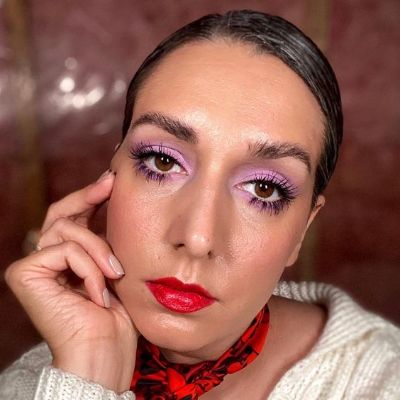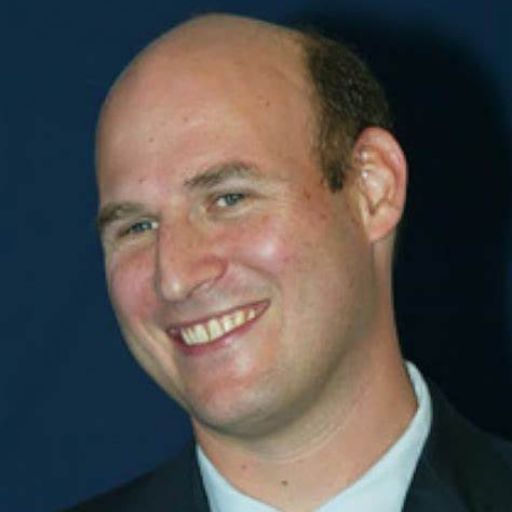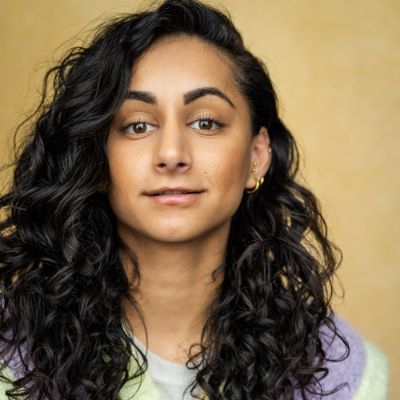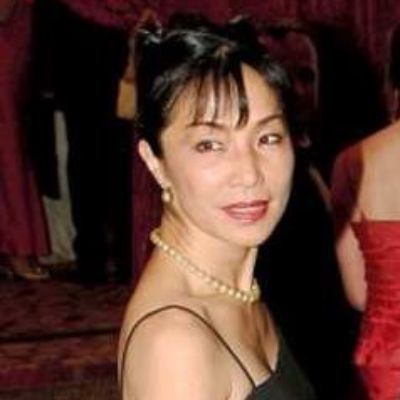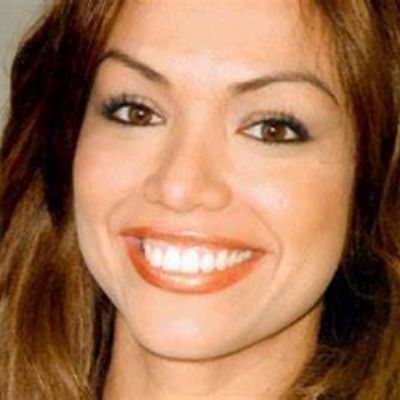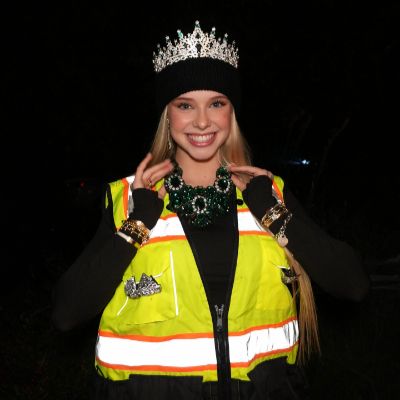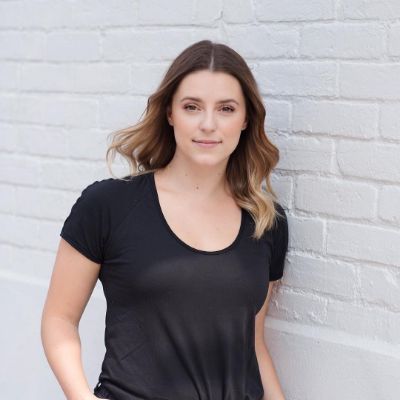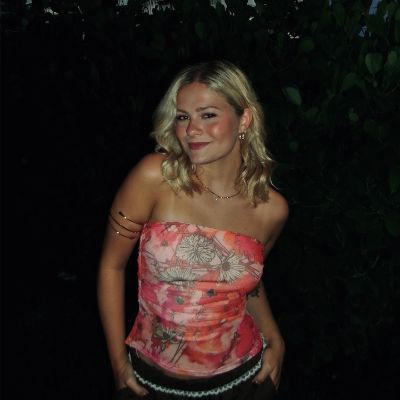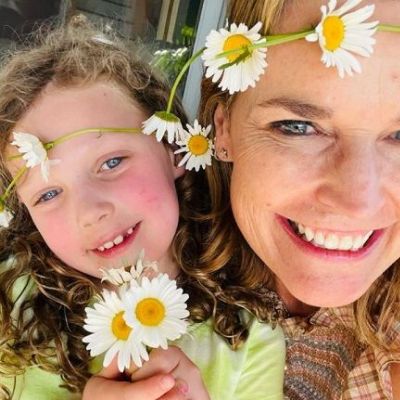Arieh Warshel Biography
Arieh Warshel is a well-known Israeli-American Nobel Prize winner biophysicist and biochemist. He is a renowned professor of Biochemistry and Chemistry. He holds the Dana and David Dornsife Chair in Chemistry and serves as the Professor of Chemistry and Biochemistry at the University of Southern California. Warshel is mainly known in the field of Computer simulation, Computational enzymology, electrostatics, and enzyme catalysis.
Regarding his personal life, he is married and has children with his wife.
Arieh Warshel Net Worth and Salary
Warshel’s net worth and salary in 2019 are under review.
According to the source, biophysicist’s salary can vary considerably by industry. Those working with other physicists in offices earned the highest salaries of $206,600 per annum.
Furthermore, Biophysicists employed by equipment and supply wholesalers also made relatively high salaries of $107,370 per year. And, those working for research and development firms earned $92,160 annually.
Arieh Warshel Personal Life
Arieh Warshel is a married man. He tied the knot with his girlfriend, Tamar Warshel.
His wife was present during the time he was awarded the Nobel Prize on 10 December 2013, at Stockholm City Hall. On 12 December, two days after the Arieh shared the Nobel Prize, the couple were seen visiting the Nobel Foundation in Stockholm, Sweden.
Arieh Warshel Bio, Early Life, and Education
Arieh was born on 20 November 1940, in Kibbutz Sde Nahum, Mandatory Palestine (then British Palestine, Now- Israel). He holds both Israeli and United States of America nationality.
Formerly, Warshel served the Israeli Armored Corps, where he left after earning the final rank as Captain. During his time as the Israeli Army, Arieh has fought in the 1967 Six-Day War and the 1973 Yom Kippur War, where he was honored as the captain in the IDF.
After serving the Israel Army, Arieh went on to continue his education and attended Technion, Haifa. In 1966, he graduated with a B.Sc degree in Chemistry, Summa Cum Laude and continued to study his master’s degree there.
Warshel earned M.sc degree in 1967 and completed his P.hd degree in Chemistry in 1969 with Shneior Lifson and Weizmann Institute of Science, Israel.
Arieh Warshel Career
Shortly after earning P.hd, he has done postdoctoral work at Harvard University, before he returned to Weizmann Institute in 1972. From 1972 to 1976, he worked for Laboratory of Molecular Biology, Cambridge, England. He left Weizmann Institute to join the faculty of the Department of Chemistry at USC. In 2013, he was awarded Nobel Prize in Chemistry.
Warshel is famous for his work on computational biophysics and biochemistry. Specialist in computer simulations, he is popular as the developer of Computational Enzymology. He is an important active member of various scientific organizations.
To name a few: In 2009, he was elected as the member of the United States National Academy of Sciences. He is also the Fellow of the Royal Society of Chemistry in 2008. In 2000 he is also the Fellow of the Biophysical Society. He became Fellow of the American Association for the Advancement of Science in 2012. He is the Honorary fellow of the Royal Society of Chemistry in 2014.
Arieh Warshel contribution that earned him the highest honor in science
Arieh Warshel shared the Nobel Prize with Martin Karplus and Michael Levitt in Chemistry in 2013, for introducing computational methods for structure-function correlation of biological molecules, pioneering and co-pioneering programs, methods and key concepts for detailed computational studies of functional properties of biological molecules using Cartesian-based force field programs.
The combined Quantum Chemistry/Molecular mechanics (i.e., QM/MM) method for simulating enzymatic reactions, the first molecular dynamics simulation of a biological process, microscopic electrostatic models for proteins, free energy perturbation in proteins and other key advances.
Arieh Warshel AWARDS
Arieh has won many awards in his career, to mention few: he won Annual Award of the International Society of Quantum Pharmacology and Biology in 1993, and Tolman Medal in 2003. From the ISQBP he was awarded President’s Award for computational biology in 2006.
In 2012, he won RSC Soft Matter and Biophysical Chemistry Award. In 2014, he was awarded The Founders Award of the Biophysical Society and The Israel Chemical Society Gold Medal.
Tags
